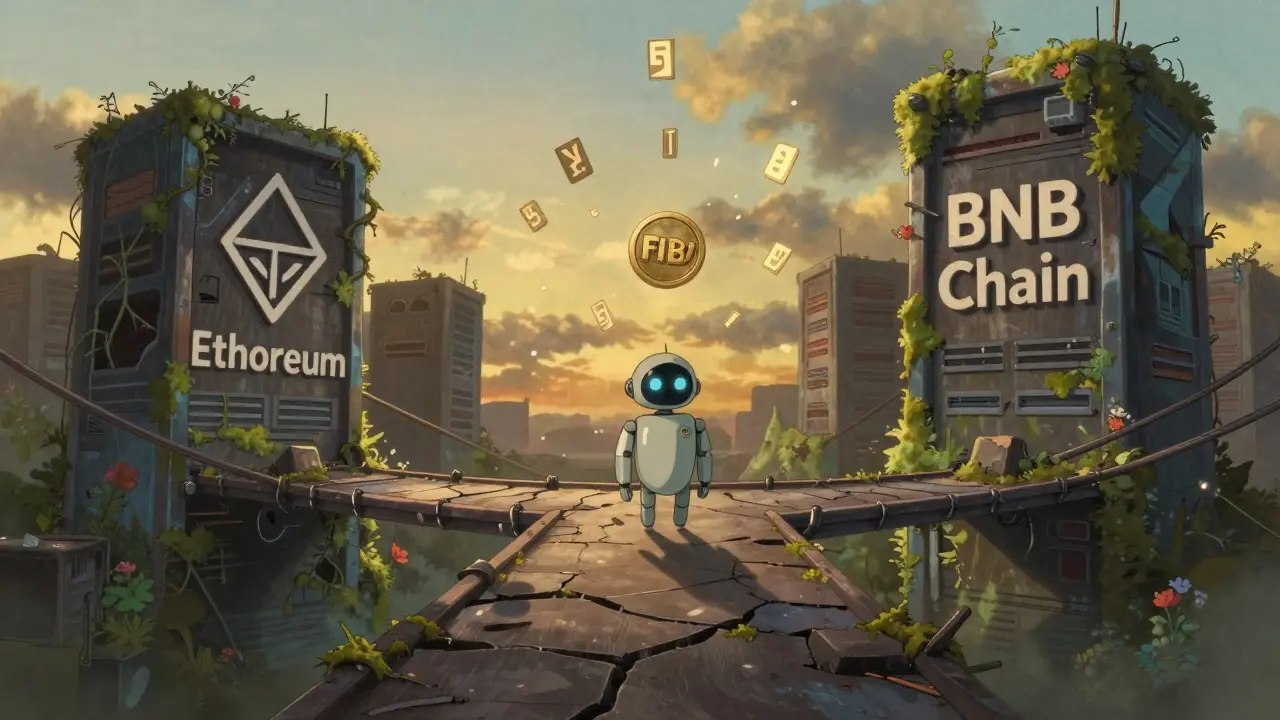Decentralized Exchange (DEX) Overview
When talking about decentralized exchange, a peer‑to‑peer platform that lets users trade crypto assets without a central authority. Also known as DEX, it relies on smart contracts to match orders, secure funds and enforce rules automatically.
A DEX encompasses liquidity provision – traders supply pools of tokens that other users can swap against. It requires robust smart‑contract security because there’s no custodian to step in if something goes wrong. The tokenomics of a platform influences how users are incentivized to add liquidity, stake rewards, or vote on governance proposals.
Key Players Shaping the DEX Landscape
One example is Velodrome Finance, an Optimism‑based DEX that uses a ve(3,3) model to reward long‑term liquidity providers. Its bribe system lets token holders steer which pairs get extra rewards, blurring the line between governance and profit.
Another notable platform is WeDEX, a privacy‑focused exchange that combines zero‑knowledge proofs with a traditional order‑book UI. WeDEX shows how DEXs can cater to users who value anonymity without sacrificing speed.
Lastly, BVOX, a newer DEX built on a multi‑chain architecture that emphasizes low fees and cross‑chain swaps illustrates the trend toward interoperability, letting traders move assets between Ethereum, BNB Chain and Layer‑2 solutions in one click.
These platforms share three core attributes: on‑chain order execution, community‑driven incentive schemes, and a focus on security. At the same time, they differ in the way they handle scalability (Layer‑2 vs. sidechains), privacy (zero‑knowledge vs. public ledger) and governance (token‑based voting vs. delegated models). Understanding these nuances helps you pick the right DEX for your strategy, whether you’re chasing high‑yield liquidity mining or just need a quick, private swap.
Below you’ll find a curated list of articles that dig deeper into each of these concepts – from the mechanics of Optimism DEXs like Velodrome to security audits of privacy‑first platforms such as WeDEX, and the future of cross‑chain trading with BVOX. The collection gives you practical takeaways, step‑by‑step guides and the latest market analysis, so you can move from theory to execution with confidence.
27
What is FibSWAP DEx (FIBO) Crypto Coin? The Truth Behind the Zero-Volume Token
FibSWAP DEx (FIBO) claims to be a revolutionary cross-chain DEX, but it has $0 trading volume, no audits, and zero development activity since 2022. It's not a viable crypto - it's a ghost project with no future.
12
Saber DEX Crypto Exchange Review: Speed, Stability, and Limits of Solana's Stablecoin Powerhouse
Saber DEX is a Solana-based decentralized exchange built for fast, low-cost stablecoin swaps with minimal slippage. It outperforms Ethereum-based rivals in speed and fees but only supports stable assets. Ideal for institutional traders, not casual users.
3
Alien Base v3 Crypto Exchange Review: Is It Worth Using on Base Chain?
Alien Base v3 is a user-friendly DEX on Base Chain with a clean interface and ALB token staking rewards, but low liquidity and slippage make it risky for large trades. Best for small, casual users.
18
PartySwap Crypto Exchange Review: Is This Multi-Chain DEX Worth Trying in 2026?
PartySwap is a multi-chain decentralized exchange that lets you swap crypto tokens across Ethereum, Avalanche, and Polygon without KYC. It's simple, mobile-friendly, and offers live support - rare for a DEX. Is it worth trying in 2026?
12
DeepBook Protocol Crypto Exchange Review: On-Chain Order Book Powerhouse on Sui
DeepBook Protocol is the first on-chain order book for Sui blockchain, offering exchange-grade trading with near-zero fees and zero slippage. Perfect for serious traders tired of AMMs.
7
Uniswap V3 on Optimism: The Best Decentralized Exchange for Low-Cost Crypto Swaps in 2026
Uniswap V3 on Optimism offers low-cost, fast crypto swaps with concentrated liquidity for better returns. Perfect for active traders who want control without centralized intermediaries.
21
Pangea Swap Crypto Exchange Review: Is It Still a Viable DEX on Klaytn?
Pangea Swap was the first concentrated liquidity DEX on Klaytn, but it's now inactive. No governance token, no tracked volume, and no team updates. Here's why you should avoid it and what to use instead.
28
Turtle Network DEX Crypto Exchange Review: What You Need to Know in 2025
Turtle Network DEX claims high trading volume but lacks audits, community, updates, and transparency. In 2025, it's not a viable crypto exchange-here's why you should avoid it and what to use instead.
22
Sushiswap on Arbitrum Nova: A Realistic Review of Trading Risks and Rewards
Sushiswap on Arbitrum Nova offers near-zero transaction fees but suffers from extremely thin liquidity. With only 6 tokens and inconsistent trading volumes, it's best for micro-transactions only-not for significant trades.
Latest Posts
Popular Posts
Tags
- decentralized exchange
- crypto exchange
- crypto exchange review
- cryptocurrency
- crypto airdrop 2025
- CoinMarketCap airdrop
- blockchain
- meme cryptocurrency
- GENIUS Act
- cryptocurrency compliance
- crypto airdrop
- meme coin
- crypto trading
- fake crypto exchange
- Solana meme coin
- cryptocurrency valuation
- Binance Smart Chain
- underground crypto Nepal
- crypto airdrop guide
- crypto staking












